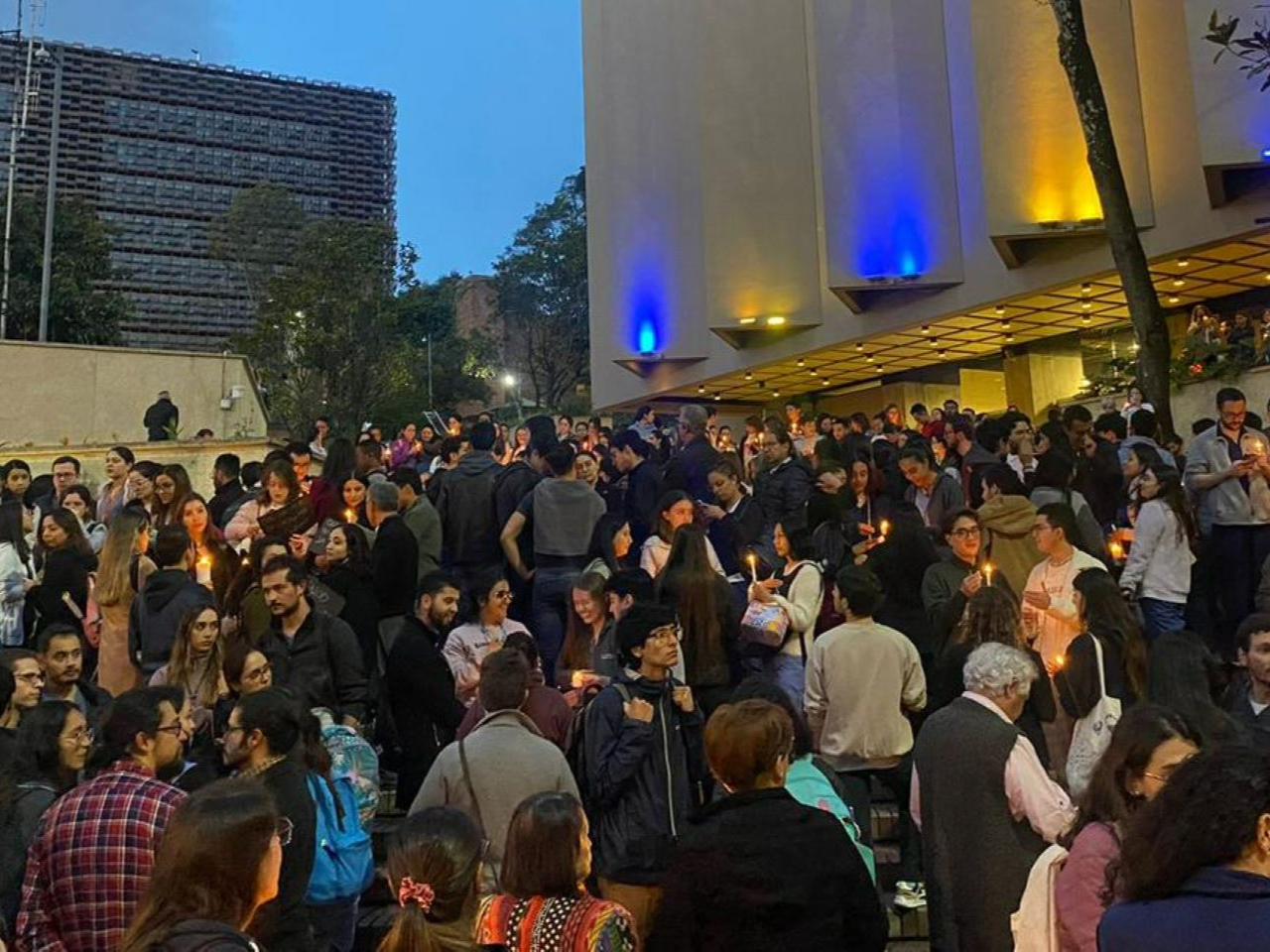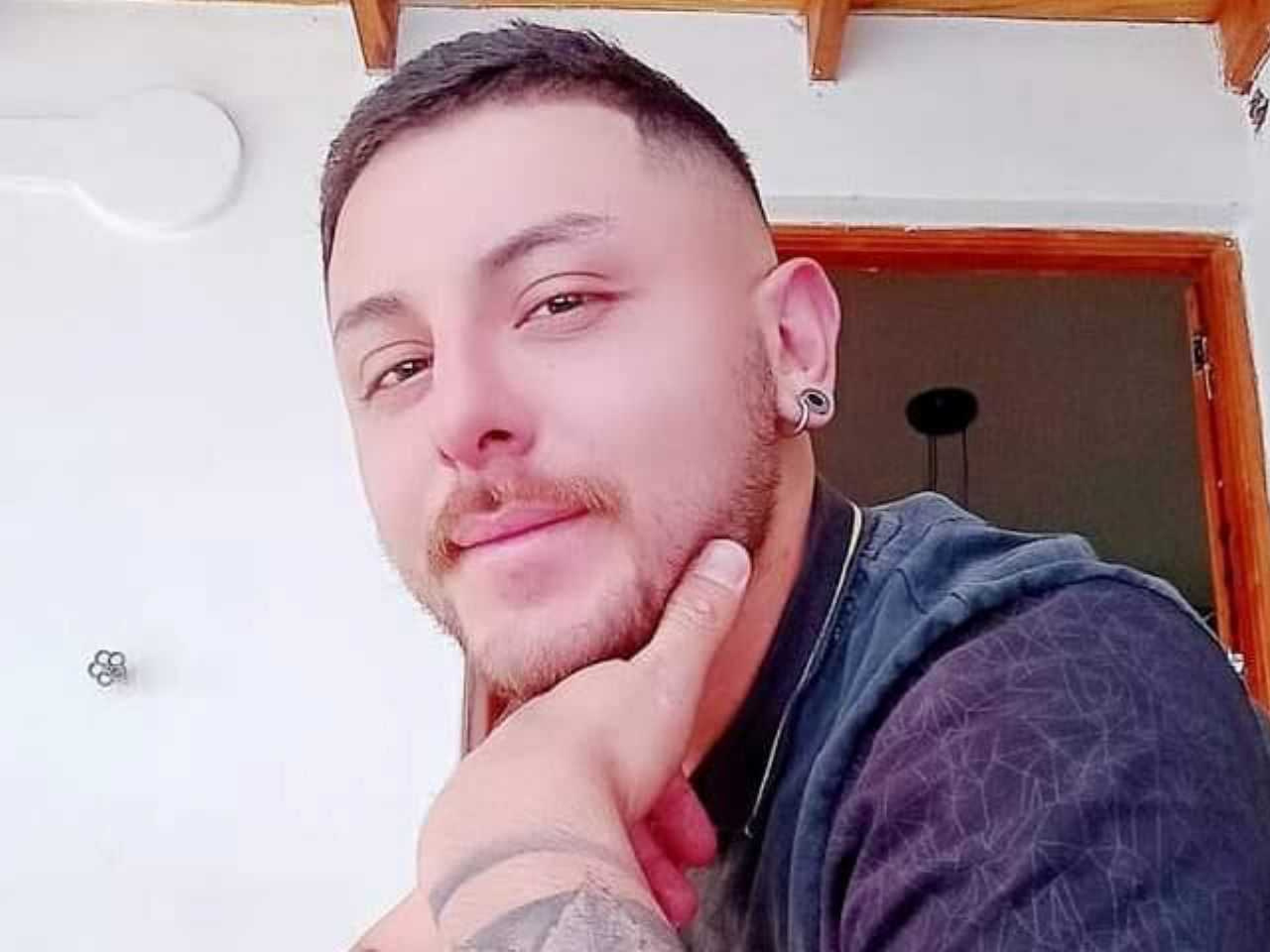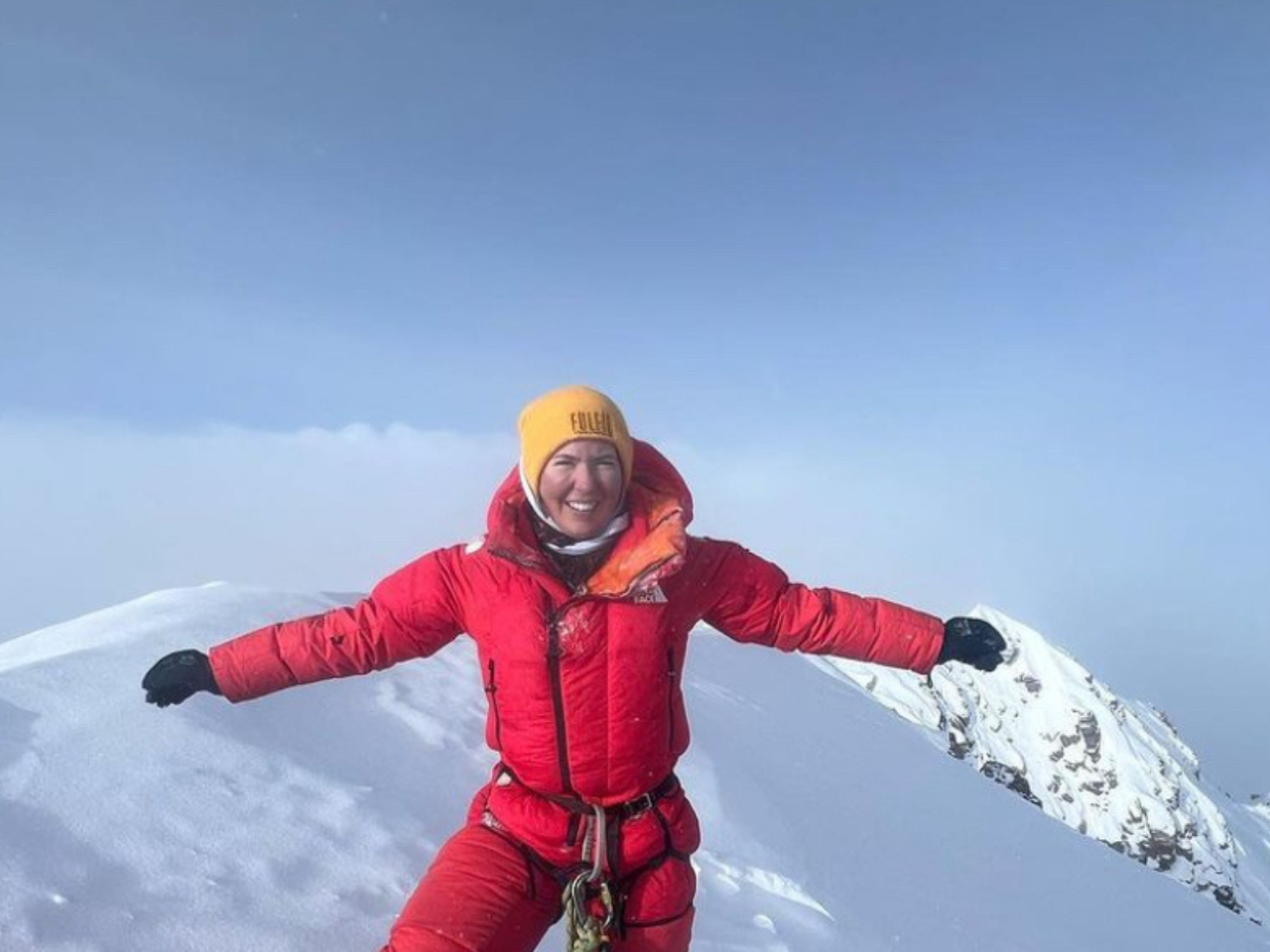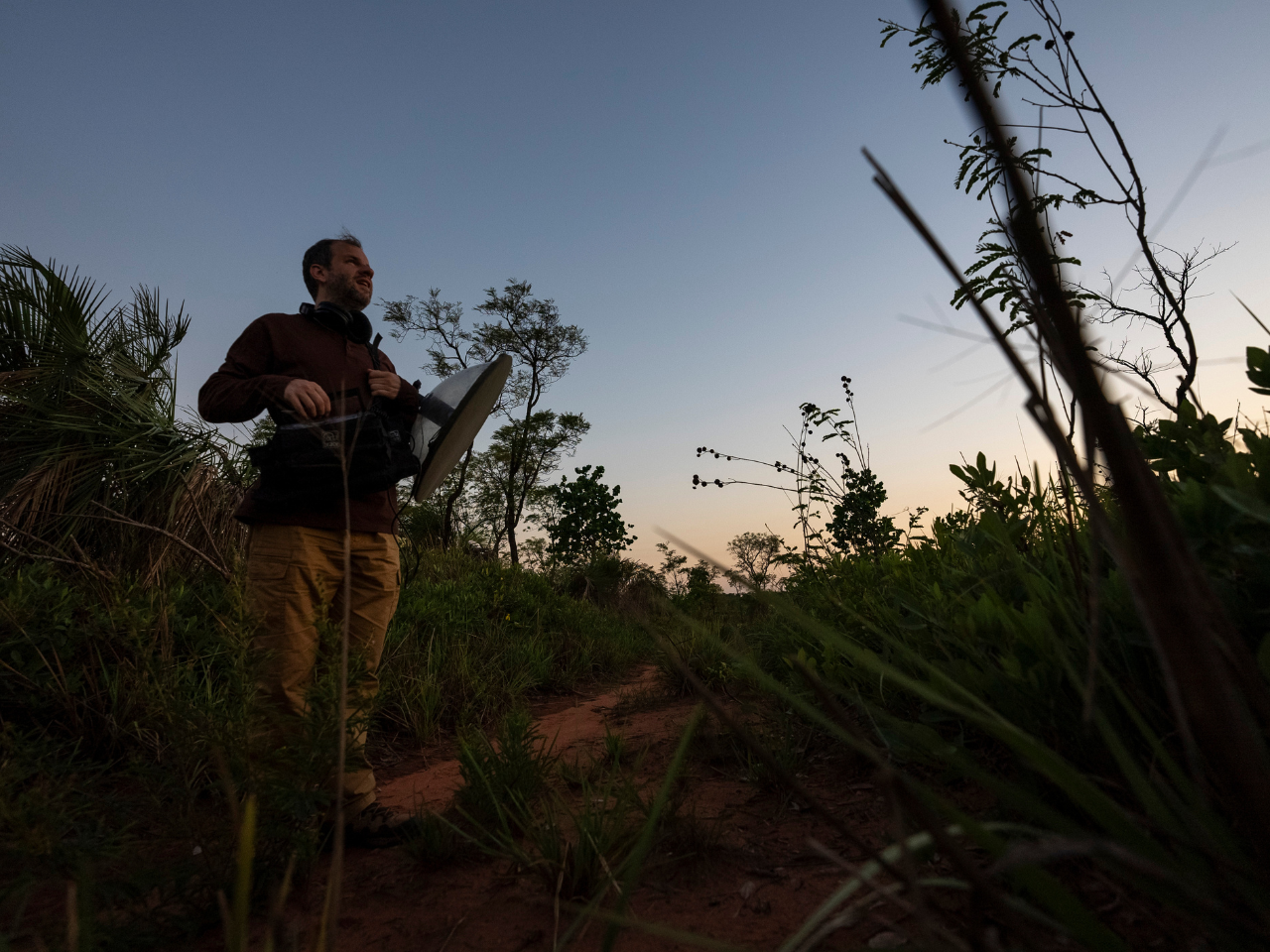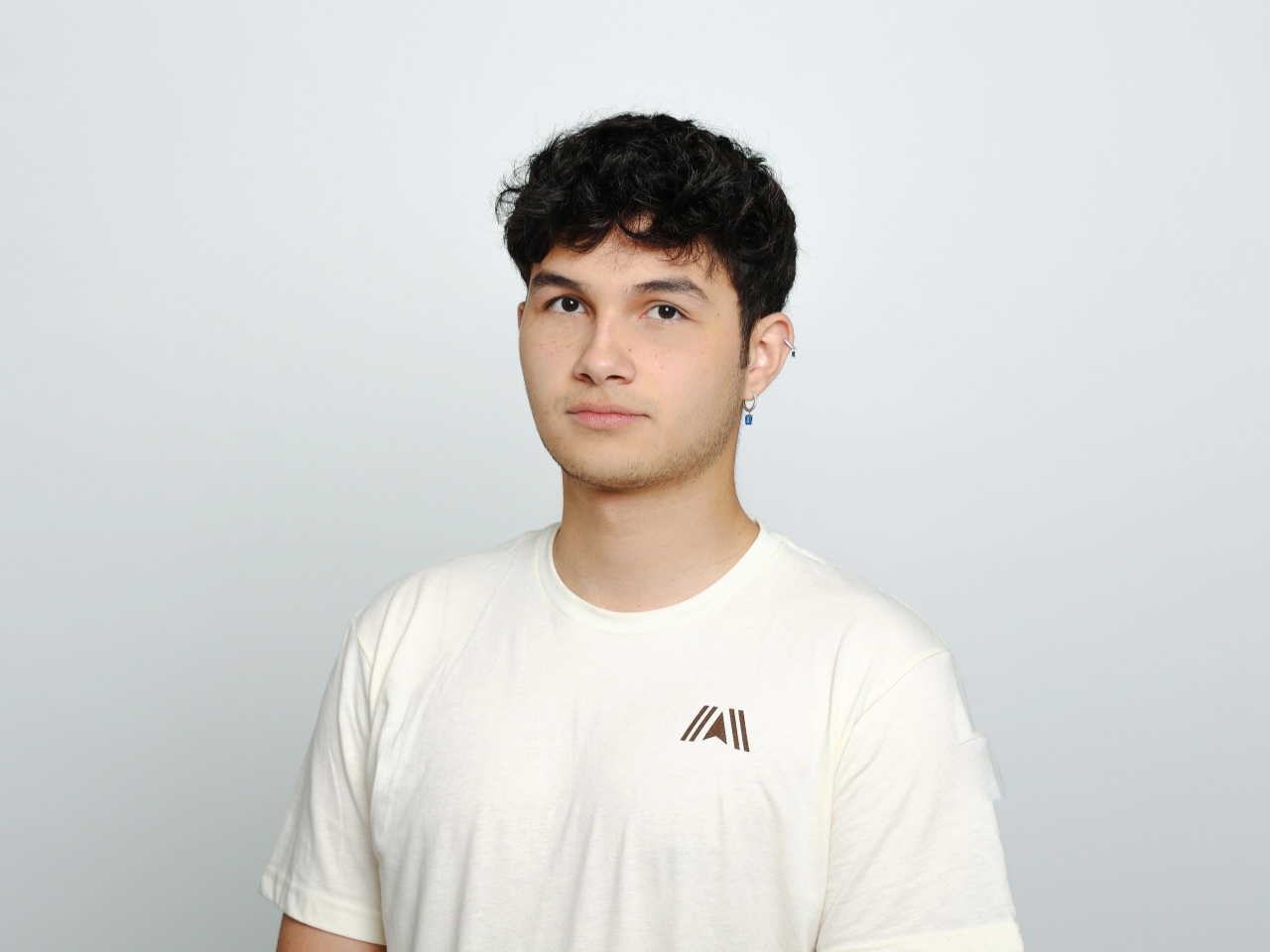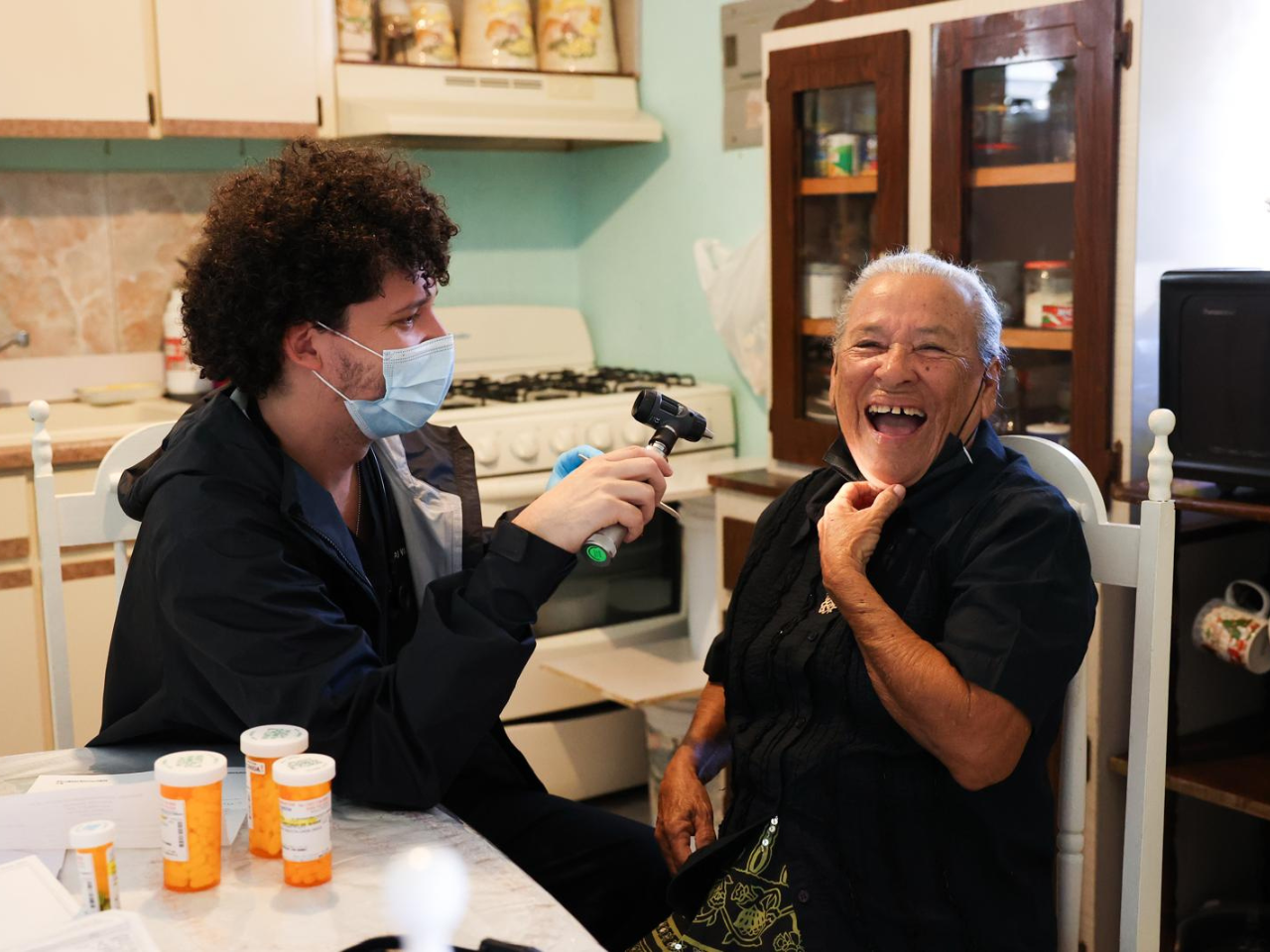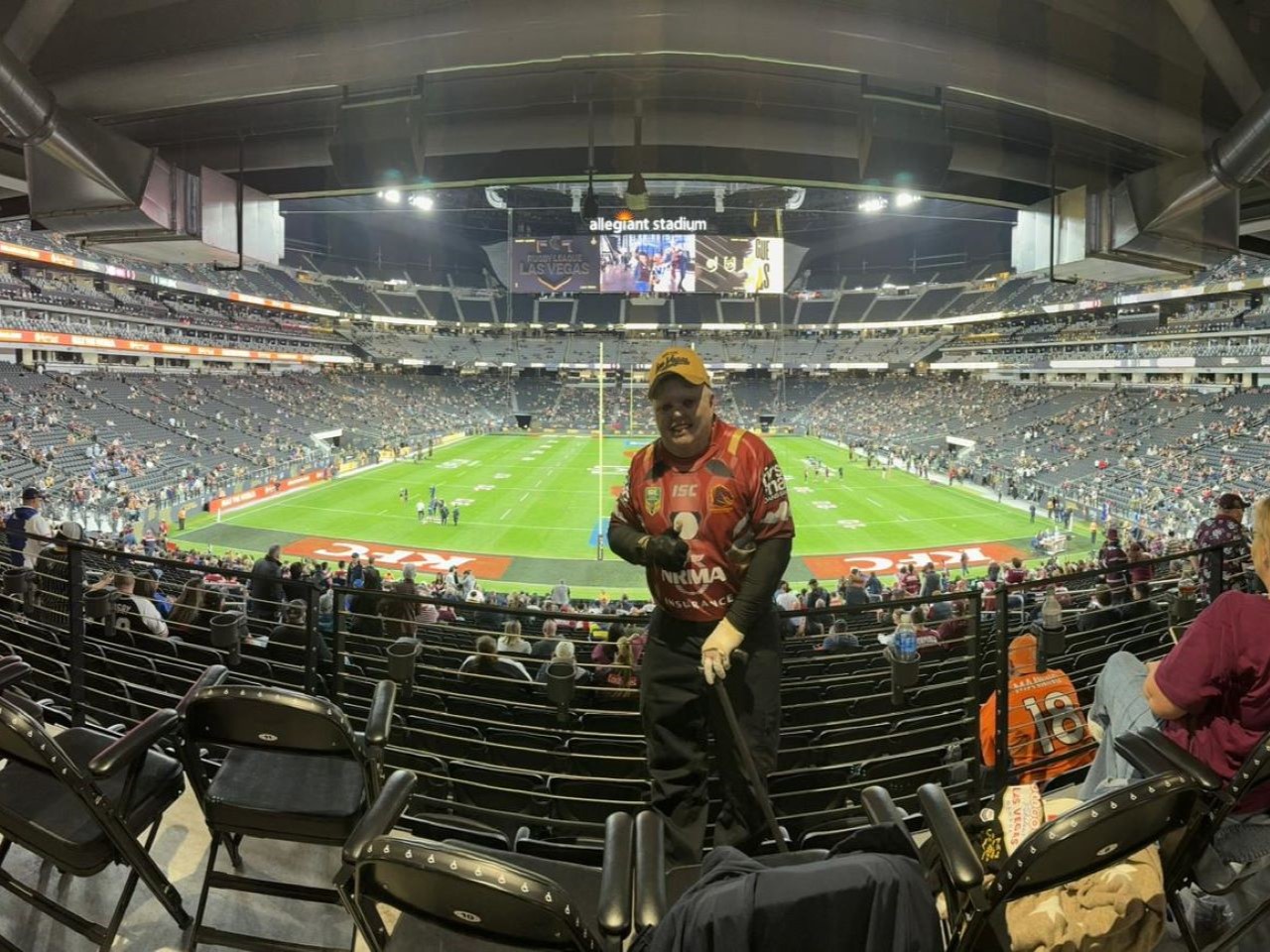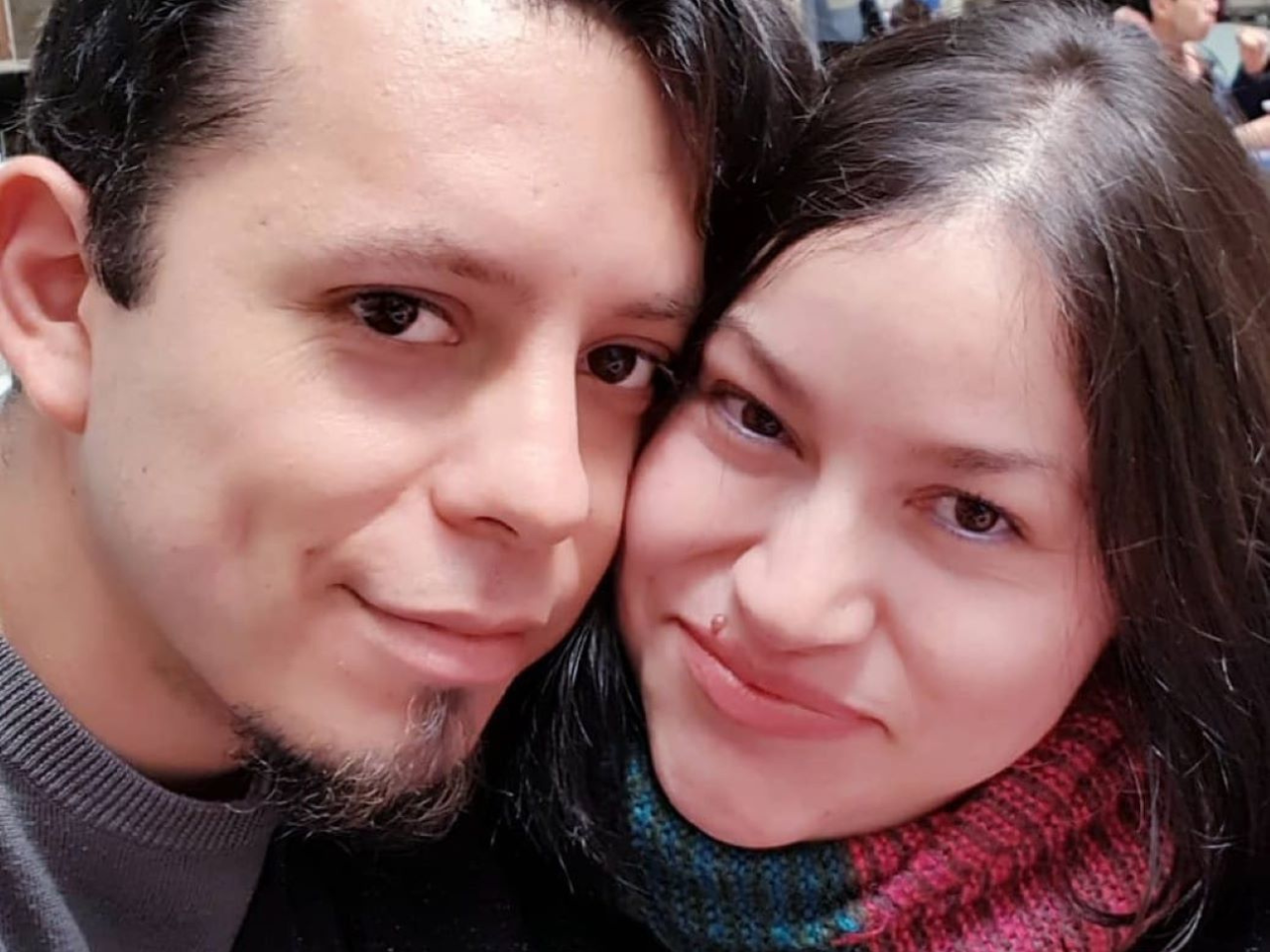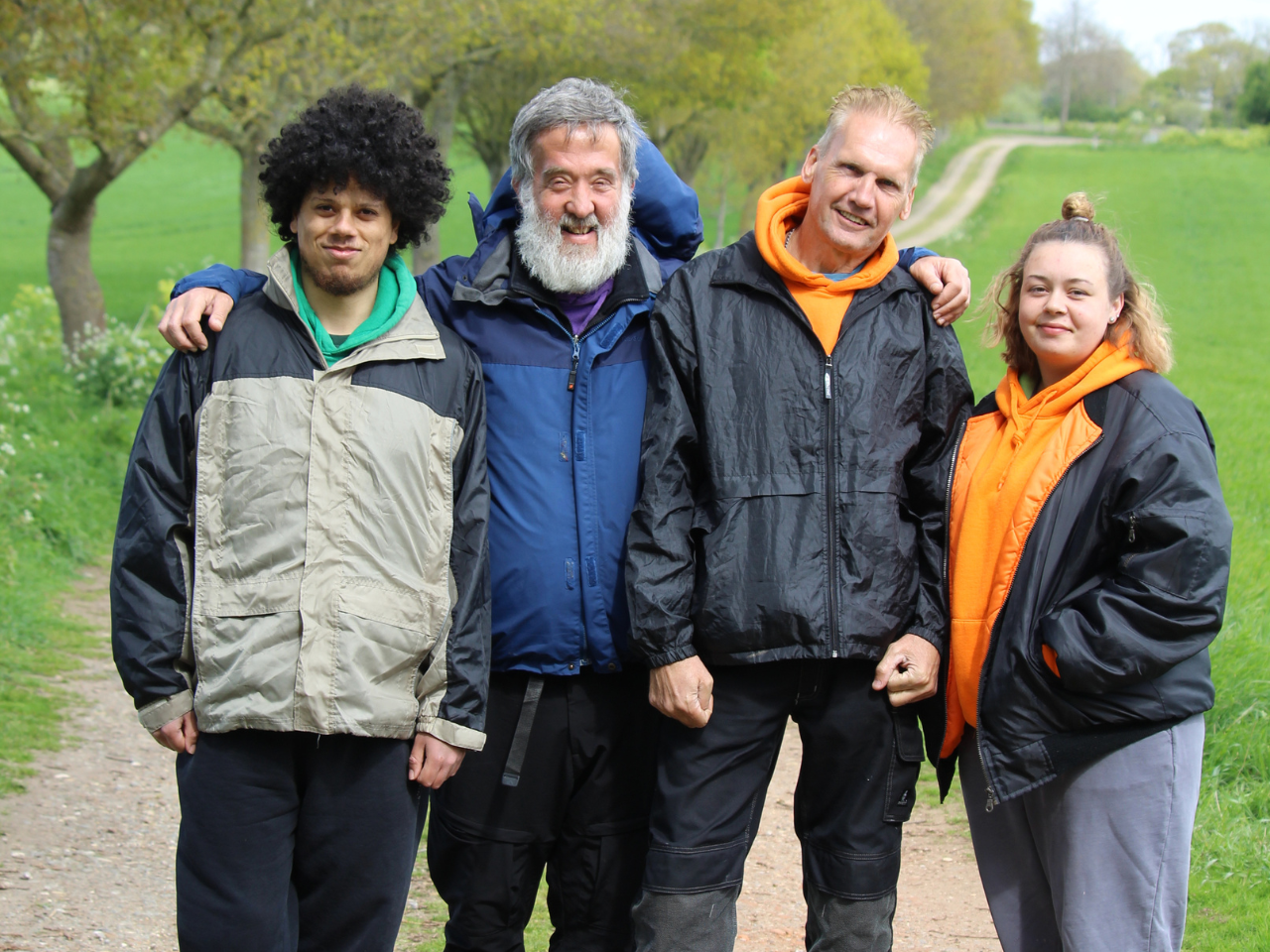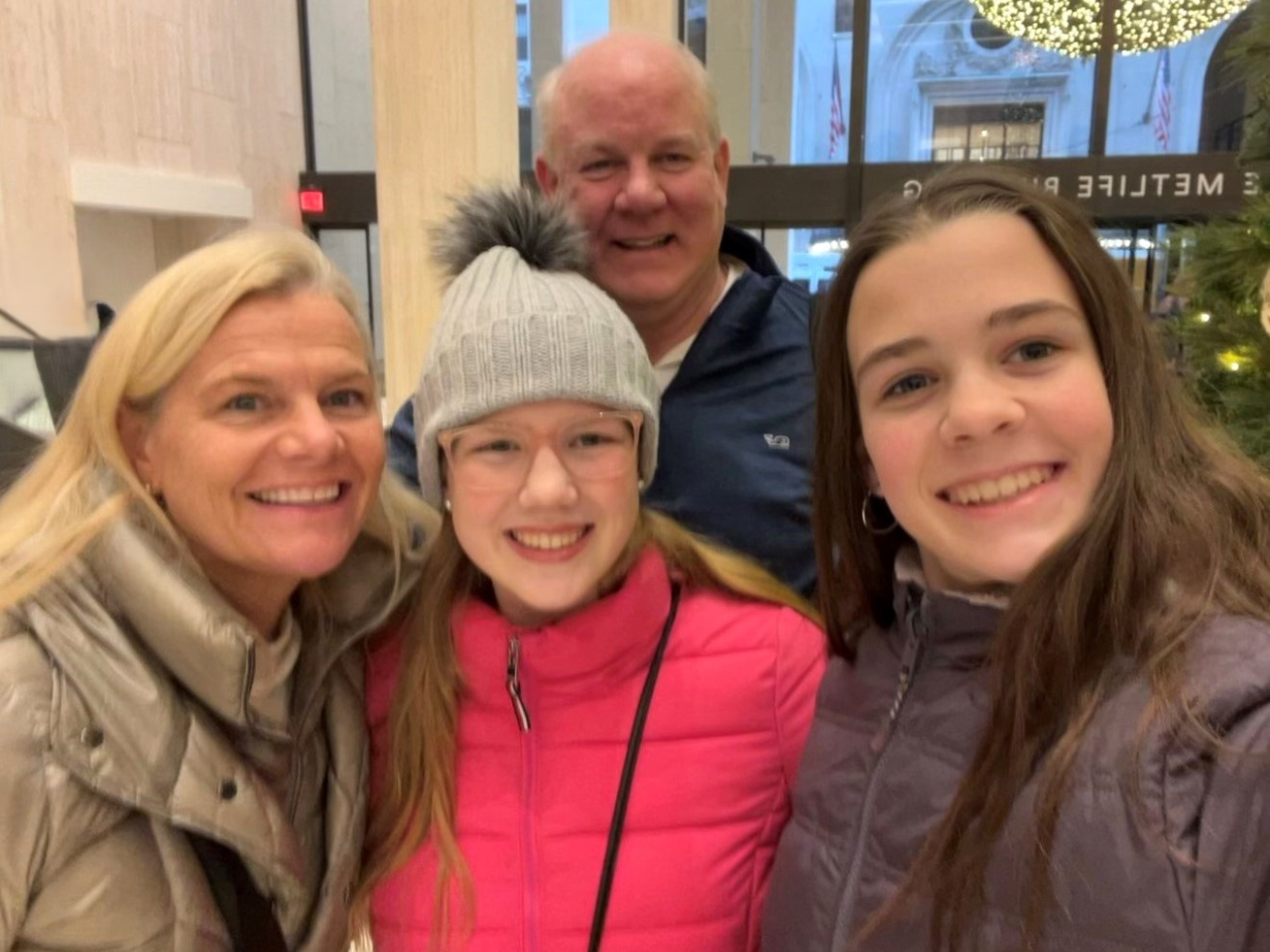Medical student rebuilds life after drunken hit and run in Argentina
I awoke in a hospital bed. When the doctors and my family tried to explain that I was in an accident, I went crazy. I tried to pull off the breathing machine and the tubes and lines connected to my body.
- 4 years ago
June 8, 2022

TUCUMAN, Argentina ꟷ The only memory I have of the day my body was crushed in a drunken hit and run is my feet walking through the city center that afternoon.
In fact, I have no memories from the weeks or months before the accident. The full year prior remains spotty and unclear.
On that fateful Saturday, I went to the store to try on clothes for a party later in the evening. I vaguely recollect returning home that afternoon.
My parents drove me to the party – a birthday celebration for my friend from college where we studied medicine. Later we went to a club where the accident occurred. Walking across the avenue, the car apparently came toward me. When it hit, my body flew fifty meters and landed on the boulevard.
Rebuilding body, rebuilding identity
I awoke in a hospital bed. When the doctors and my family tried to explain that I was in accident, I went crazy. I tried to pull off the breathing machine and the tubes and lines connected to my body. Doctors tied me down for my own safety.
I had been in a coma for two weeks, but it took far longer to accept my new situation. People told me I could not walk, and I struggled to understand why. I always walked before, so why couldn’t I walk now?

Part of my confusion could be attributed to the terrible neurological damage I suffered. Doctors wondered if I would ever be able to study, walk, or even speak. Often, the type of damage I suffered included myriad long-term effects.
I defied the worst cases scenarios, but my life changed a lot after the accident. I had no tastes in things and no personal history to remember. Recovering my identity would be the longest process of all. I used to say that before the accident I was dumb. The truth is, living through such trauma changed me.
My final surgery at the clinic sought to repair my windpipe. Long term reliance on a breathing machine caused adverse effects. With my windpipe closing, air could not enter my body. Doctors cut out a piece of my windpipe and left me for 15 days with my chin stitched to my chest.
One bad move and the area inside my neck would separate. I could easily die.
Victim reclaims her life and career
Inspired by the support from my family and friends, I fought on. I fed off their energy, returning it to them by recovering day by day.
Now, five years after that horrible day, I am just now returning to normal life. Last year I finished my degree in medicine and today I am in a medical residency. The accident inspired me to study neurology. I devour books on the topic, knowing that I suffered. A neurological injury is not a person’s entire identity. Yet, you have to reconstruct yourself from nothing.
For me, this reconstruction is like a second birthday.






